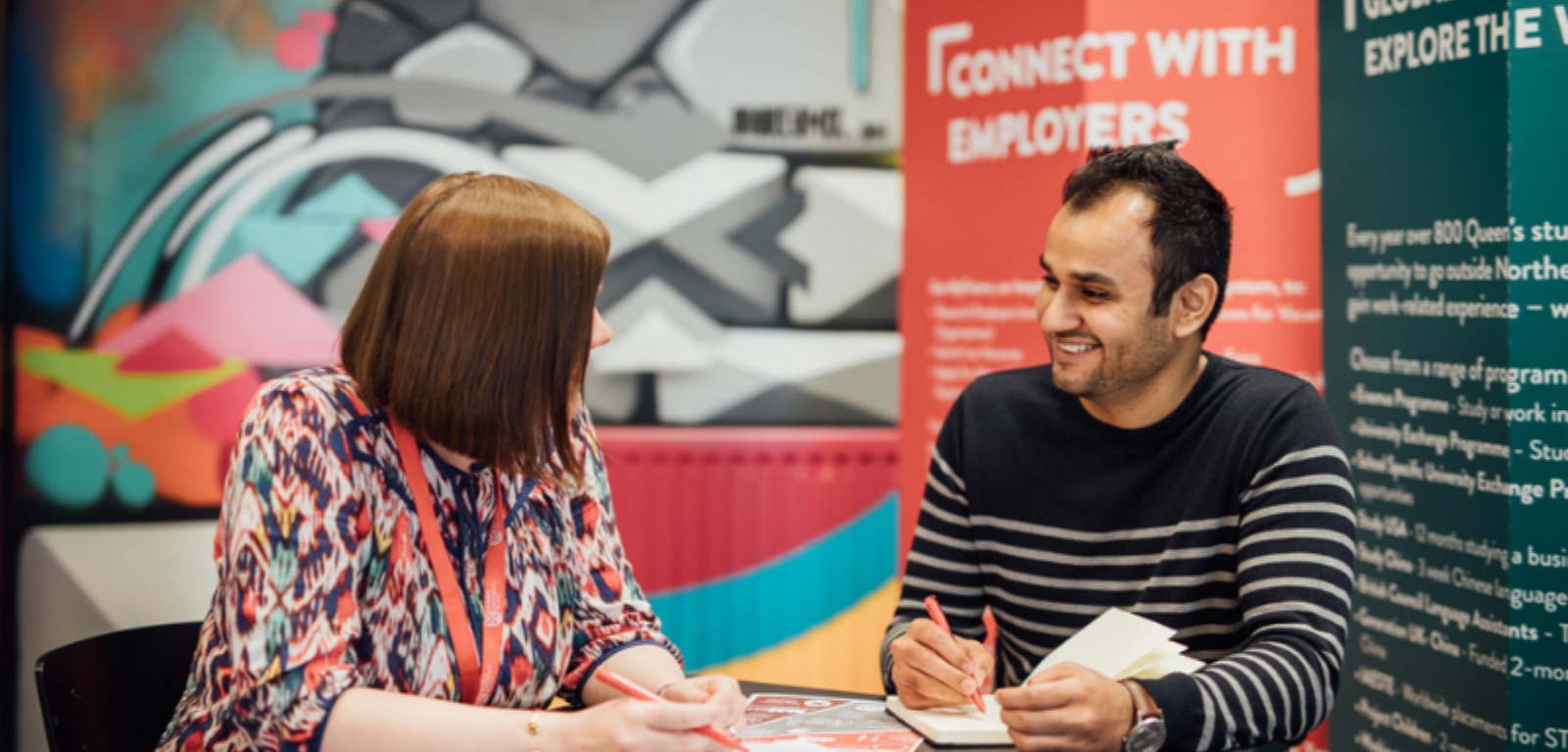Queen’s Student Mentoring Programme 2022 launched
Over 40 students have been paired with mentors from organisations including NICS, PWC, Citi, Andor Technology, EY and Almac.

The Student Mentoring Programme 2022 commenced last week with 41 students from Queen’s Widening Participation Unit taking the opportunity to learn from an industry mentor. The programmes mentors represent over 18 employer organisations including NICS, PWC, Citi, Andor Technology, EY and Almac.
Victoria Gilroy from Queen’s Employer Engagement programme said: “This programme is designed to help talented University students from underrepresented groups succeed in their early careers.”
While the programme was launched online due to Covid restrictions, Victoria added: “We would hope to have a summer celebration to end the programme as we couldn’t get together in person for commencing the programme.
Throughout the programme, employers to act as mentors for Queen’s Widening Participation students. Mentoring support can open doors for young people that previously couldn’t imagine themselves achieving career success.
The Programme works with students who are typically under-represented in higher education to promote diversity in the workplace and to raise aspirations and achievement.
Mentors engage and empower their mentee through sharing personal experiences, developing their confidence fand becoming a critical friend during eight hour-long online meetings every 4-6 weeks from January to May.
Queen’s is committed to ensuring that those most able but least likely to participate in Higher Education should have an equal opportunity to do so and offer support including the Pathway Opportunity Programme, Care Leavers and Senior Academy.
These Programmes provide the students with support in study and academic skills, university applications and confidence building activities.
Mentees come from a variety of backgrounds including:
· Being the first in their family to attend University
· Being from a lower income family
· Caring for a family member or dependent
· Residing in a disadvantaged neighbourhood
· Being a refugee or asylum seeker
· Having experience in the care of the Health and Social Care Trust
Find out more about Queen’s Mentoring Programme